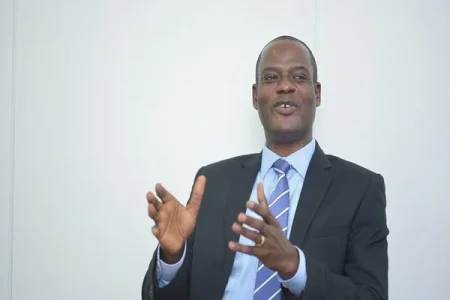
Lagos State faces significant losses in the ongoing tax reform efforts introduced by President Bola Tinubu. Taiwo Oyedele, Chairman of the Presidential Committee on Fiscal Policy and Tax Reforms, explains that the redistribution of VAT collection under the reforms will decrease Lagos' share, despite its significant contributions.
In a recent interview on Arise TV, Taiwo Oyedele, the Chairman of the Presidential Committee on Fiscal Policy and Tax Reforms, highlighted that Lagos State stands to be the biggest loser in the ongoing tax reforms proposed by President Bola Tinubu. The tax reforms are part of a broader strategy to overhaul Nigeria's tax system, with four major bills—Nigeria Tax Bill 2024, Tax Administration Bill, Nigeria Revenue Service Establishment Bill, and Joint Revenue Board Establishment Bill—aiming to streamline taxation, simplify administration, and boost revenue generation.
Oyedele explained that a key aspect of the reforms is the proposed redistribution of Value Added Tax (VAT) collection, which has sparked controversy. While Lagos and Rivers States have argued that they should independently collect VAT due to their significant economic contributions, Oyedele warned that such an approach could lead to chaos for businesses. Currently, many companies in Lagos, including major corporations like MTN, Dangote, and Airtel, remit VAT from their head offices located in the state, but the new reforms will redistribute the VAT revenue, reducing Lagos’ share.
This change, according to Oyedele, is part of efforts to ensure that all states benefit more equally from the VAT system. However, he pointed out that Lagos, with its high concentration of businesses, will lose a substantial amount of revenue due to the shift in VAT collection mechanisms, potentially undermining its financial dominance in the country.




